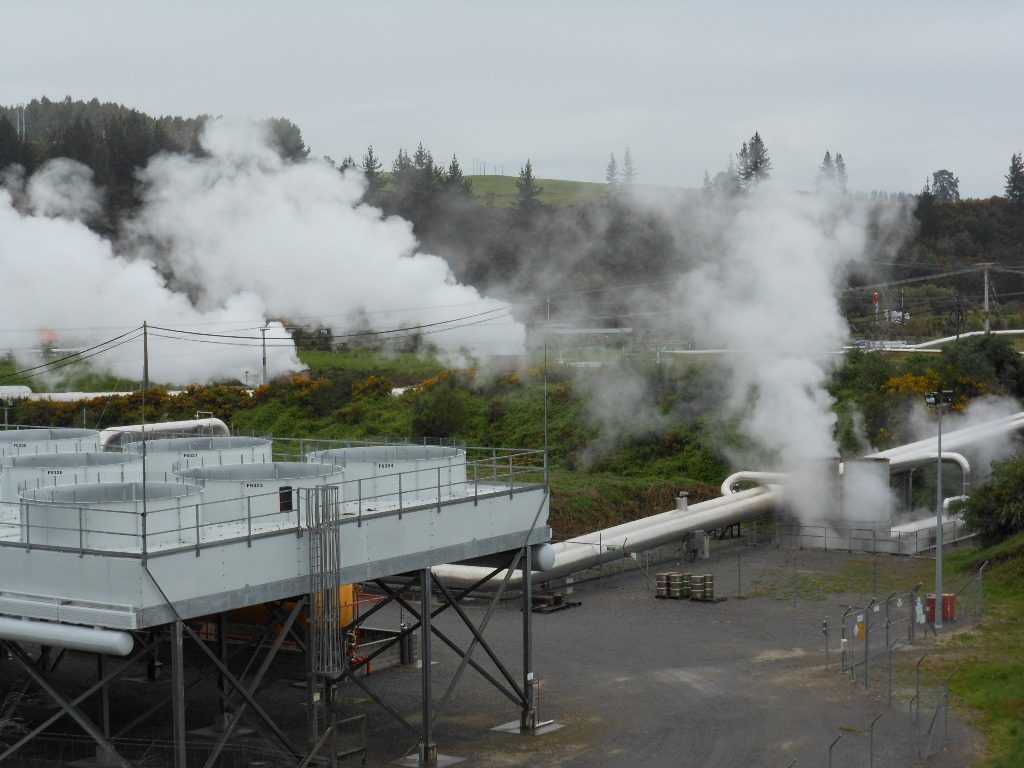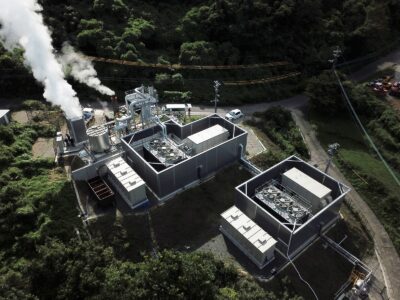NZ and Japan sign MOU on hydrogen – with pilot plant utilising geothermal in Taupo, NZ
A new MOU between Japan and New Zealand sees a cooperation on moving away from fossil fuel with hydrogen, adding to a pilot projects to utilise geothermal for the production of hydrogen in Taupo, New Zealand.
In a release yesterday, it was announced that “New Zealand and Japan are working together to transition away from a reliance on fossil fuels with the signing of a Memorandum of Cooperation on hydrogen, says Energy and Resources Minister Megan Woods.
The cooperation agreement between New Zealand’s Ministry of Business, Innovation and Employment and Japan’s Ministry of Economy, Trade and Industry was signed in Tokyo on October 23 by Minister Woods and Hiroshige Seko, Japan’s Economy, Trade and Industry Minister.
“This memorandum helps signal New Zealand’s interest in working in partnership with Japan to develop hydrogen technology as we move towards a low carbon economy. This is the first memorandum of its kind with Japan in the world.
“I consider hydrogen as one of the potential tools that will help assist us to reduce global emissions.
“New Zealand and Japan are both intent on transforming their respective energy and transport sectors as we make the transition to a low-emissions economy and this partnership will allow the exchange of information to enhance hydrogen development.
“New Zealand has an abundance of renewable energy that could be used to produce hydrogen as a next generation fuel in a sustainable way.
“There is already cooperation between New Zealand and Japan in this space, with the planned construction of a pilot hydrogen production plant between Japan’s Obayashi Corporation and Tuaropaki Trust in Taupo using geothermal energy.
“I hope this agreement will spark interest among Japanese corporates to consider New Zealand as a partner in their development of alternative fuel sources.”
Source: NZ Government Release via Scoop


















